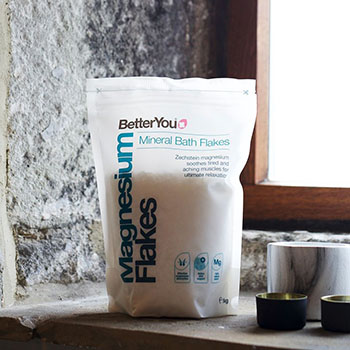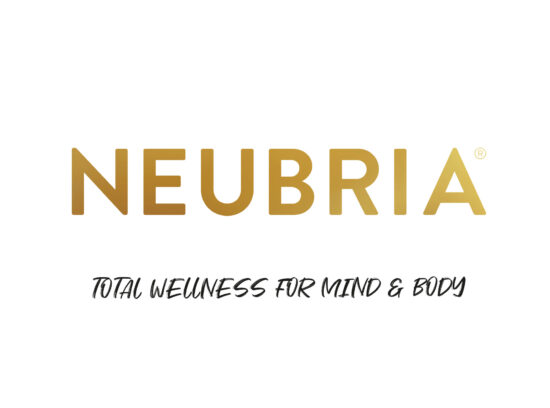Stress is a natural response to life’s challenges and can be a force for good, but when it starts to overwhelm us then it can become a real problem.
In conditions of prolonged stress, there is a constant production of stress hormones, but in fuelling the body’s continual state of readiness there’s less energy for maintaining healthy cells. Now it becomes obvious why stress over a long period is not healthy and will sooner or later take its toll on our wellbeing.
Symptoms of stress
Everyone reacts differently to stress. To some people it is just something they register and deal with, while others literally break into a cold sweat, tremble or faint. Physical symptoms that may be an indication of stress include headaches, impaired digestion, palpitations, fatigue, restlessness and poor sleep.
Dealing with stress
1. Find the cause and address it
The first step in learning to cope with excessive stress is to find out what is causing it. It might seem obvious, if it’s work or relationship based, but sometimes you have to dig deeper to find out where your anxiety is coming from. If you know the cause, it is important to determine whether you can change anything, or at least lessen its impact.
There are some situations where making changes is not an option, and where it may be advisable to seek professional help.
2. Plan relaxation
In order to avoid constant production of stress hormones in your body, it’s important to make time for relaxation. Your mind needs rest, but you should also give your body a chance to switch off for a while. This could take the form of sports for example, but also make sure you get a daily dose of relaxation. Set aside half an hour every day and do something that you know relaxes you. Meditation or breathing exercises are excellent for this, but enjoying a hot bath, reading, listening to music or just sitting stroking the cat can be just as helpful.
3. Breathe deeply
In a stressful situation, you may start to breathe shallowly, too rapidly, or even hold your breath. Hyperventilation is a natural response to stress, but you crank up the stress response when you start to ‘over-breathe’. Deep abdominal breathing is a good way to get your balance back. Put your hands on your belly and try to push them out as you take a deep breath, as slowly as possible. You’ll get more oxygen in and you automatically become calmer.
4. Let nature help you
Lavender not only has a wonderful fragrance, but also has a proven ability to induce calmness and rest. Research has found that the smell stimulates the production of serotonin and creates a brain pattern of peace and tranquillity.
5. Say “no” more often
Saying “no” may not be in our nature, but it is sensible to do this occasionally. Many people feel stressed by too many tasks and responsibilities – not just in the workplace, but also at home. It’s important to recognise where your limits are and to say “I’m sorry, I can’t do that’” rather than agreeing to everything and getting stressed about how to achieve it all.
6. Keep healthy
A body weakened by an unbalanced diet, lack of sleep or too little exercise will get stressed more quickly and recover more slowly. Eat well and get enough sleep – and did you know you can create ‘happiness’ endorphins through exercise? This hormone makes for a wonderfully relaxed feeling of wellbeing that runners often experience, known as the ‘runners high’.
Adapt a little, take care of yourself and make sure you don’t take on too much, and when stress comes, work with nature and your body to get through it as quickly and as positively as possible.
We have put together a Bundle of Products to help you at times of stress and lack of sleep. All our products are natural, cruelty free and suitable for vegans.
















